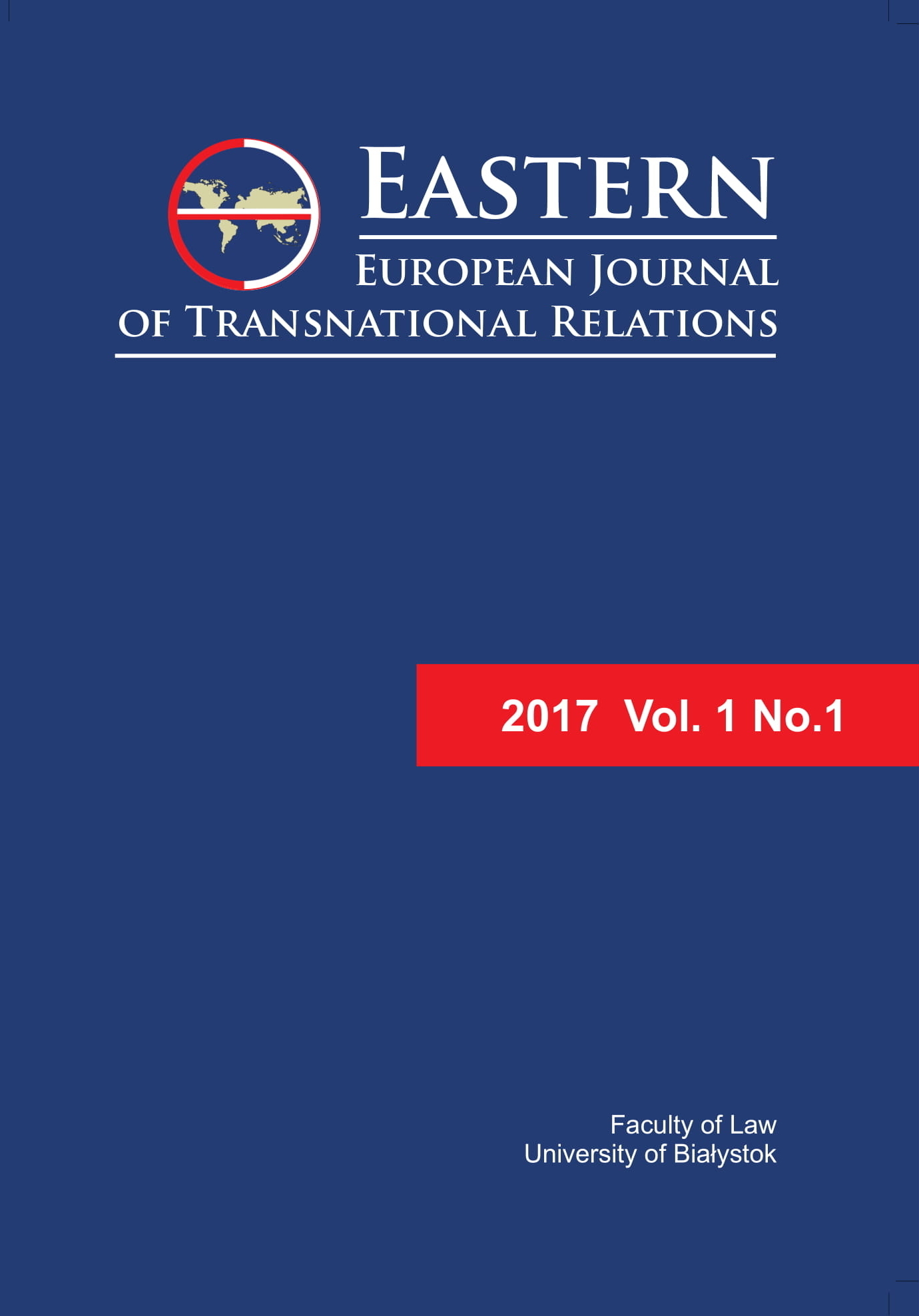The Erasmus+ EduLAw Project for Strengthening Rights-based Education
The Erasmus+ EduLAw Project for Strengthening Rights-based Education
Author(s): Gracienne LauwersSubject(s): Social Sciences, Education, Law, Constitution, Jurisprudence
Published by: Temida 2
Keywords: EduLAw (ELA) project; law modules for teacher training programs; autonomy of schools; rights-based decision making in education
Summary/Abstract: The purpose of the article is to explore the relevance of the EduLAw (ELA) project on law modules for teacher training courses, illustrated in the case study of the legal developments in the Flemish Community of Belgium. The article analyses this issue by addressing two key points: firstly, it explains the background and relevance of the EduLAw project and recent European developments; secondly it illustrates how policymakers of the Flemish Community of Belgium have responded through public law to demands for stricter review of decisions about individual pupils of teachers, school principals and school boards on issues such as discipline and special needs requests. A short description of the relevant characteristics of the education system in the Flemish Community of Belgium, is followed by an examination of two 2014 decrees on education and their innovative response to demands for more transparency and legal certainty in rights-based decision making about pupils by teachers, school officials and school boards. The analyses reveal that educational reforms are increasingly linked with the political cause of equality (Groof, Fussel, & Lauwers, 2008, p. 223) and transparency in decision making of administrations, including school officials, especially decisions affecting the rights of individual pupils in education. Public law is thereby used to build in constraints as to how school autonomy and discretion of teachers, school officials and school boards should be exercised. The analyses also reveal the link between substantive requirements of good decision-making and procedural requirements. Procedural obligations in their turn opened the way for more substantive control by the court in disciplinary procedures, and enrolment of pupils with special education needs. The article concludes that, although schools still have autonomy to fashion their own school regulations , it is clear that the two decrees have, through procedural requirements and substantive principles of administrative legality, intruded into this area. Thus, these changed circumstances require teachers, school principals and school boards to be trained in rights-based decision making. This is what the EduLAw is trying to accomplish.
Journal: Eastern European Journal of Transnational Relations
- Issue Year: 1/2017
- Issue No: 1
- Page Range: 19-29
- Page Count: 11
- Language: English

